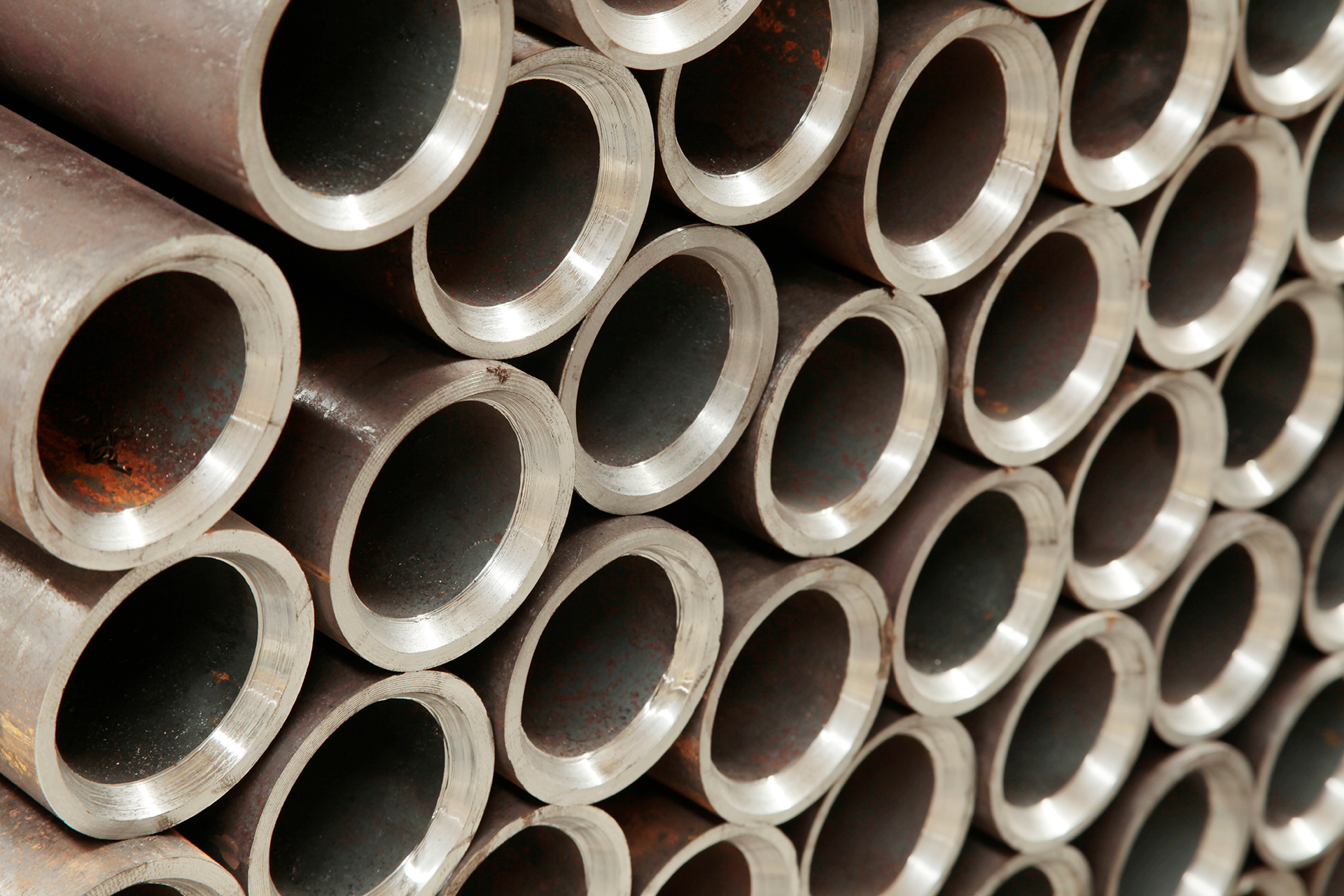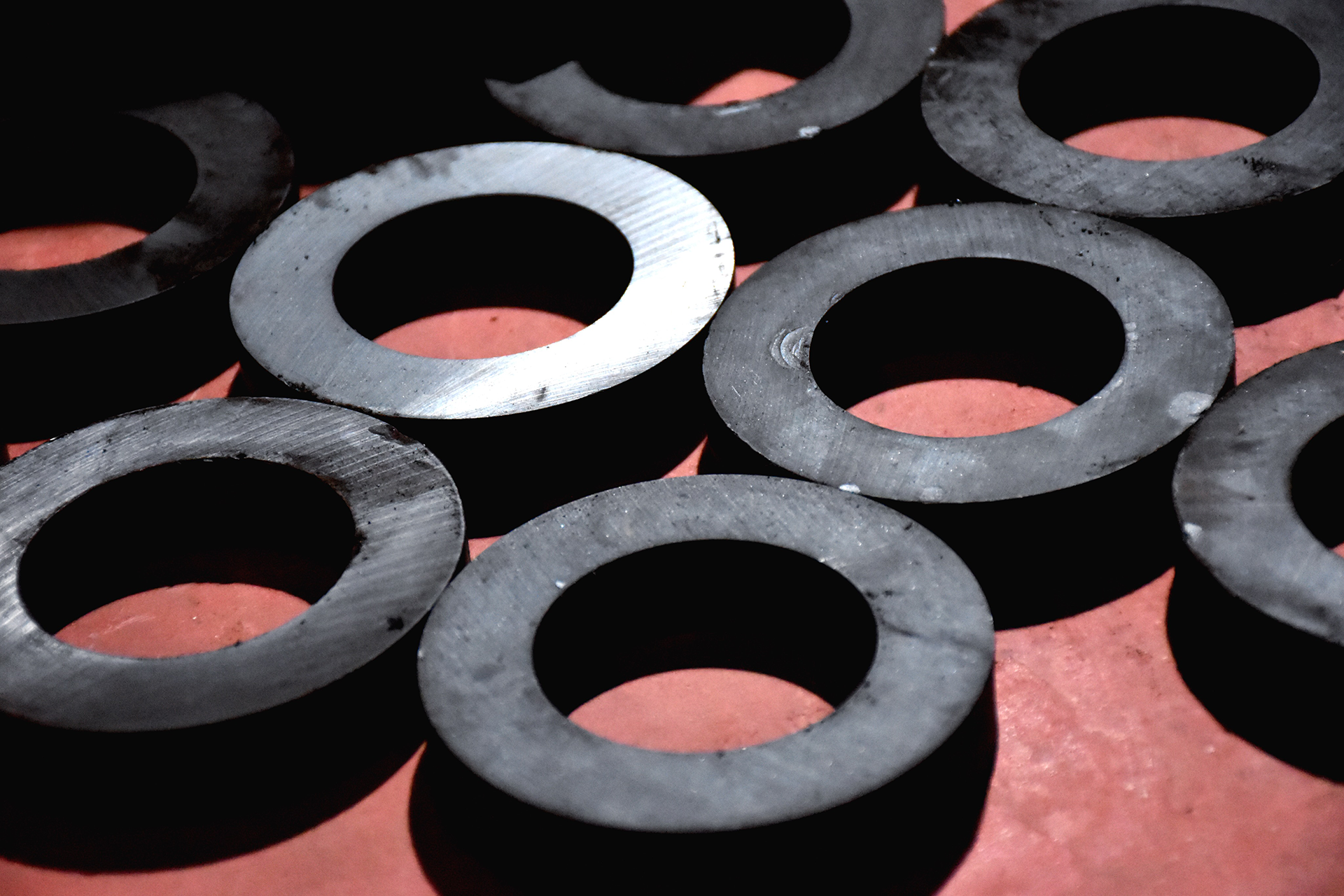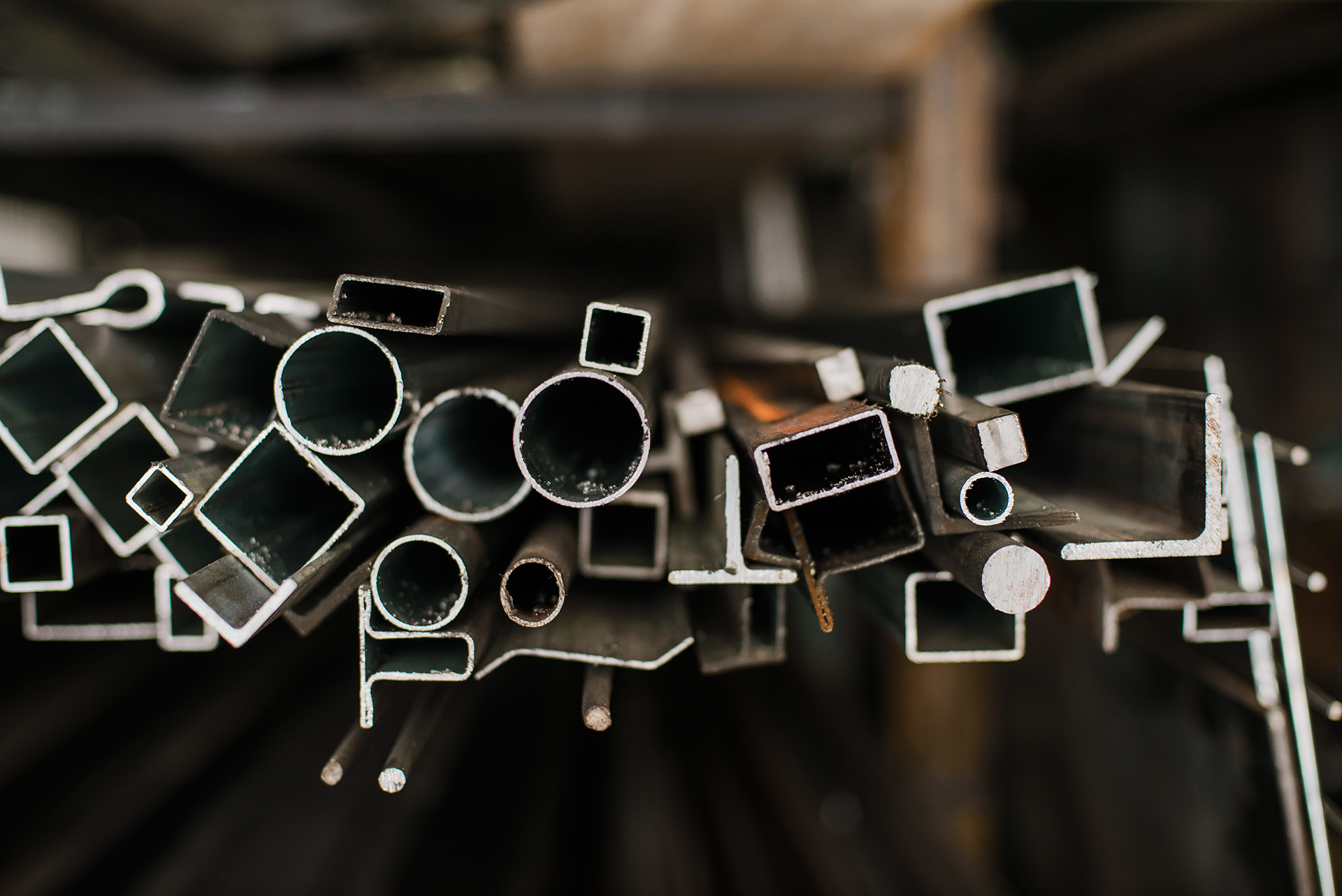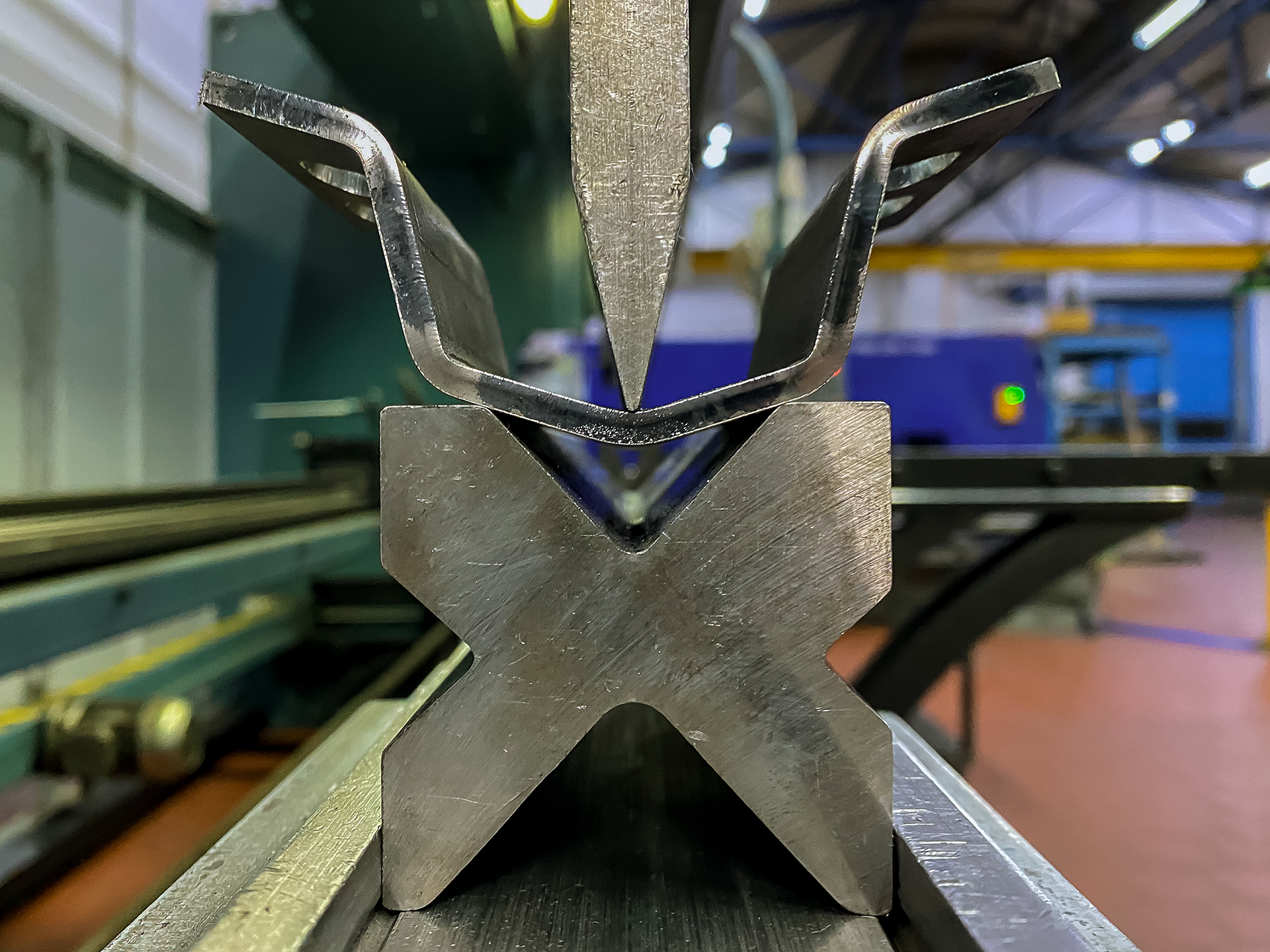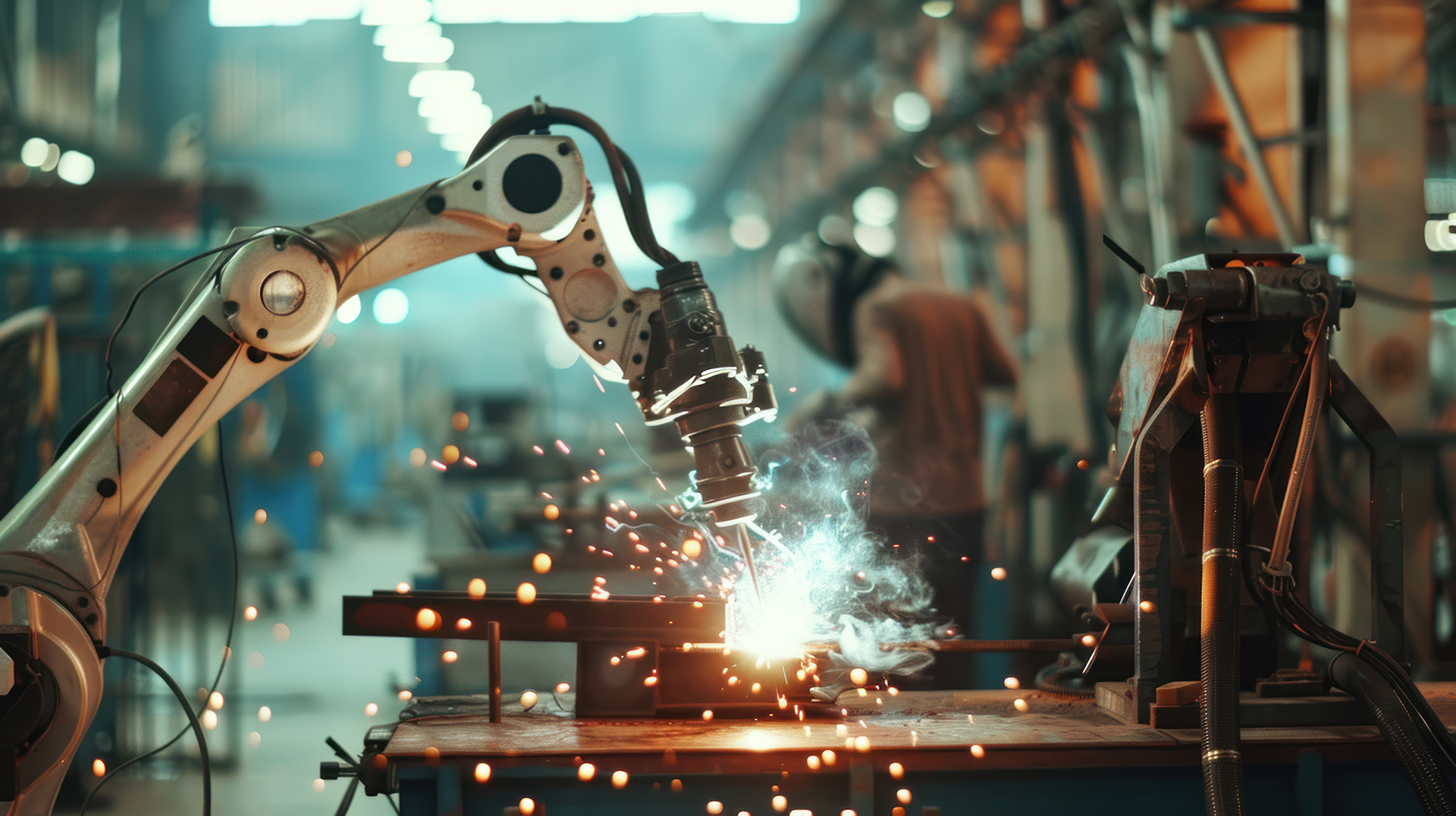Choosing the Best Stainless Steel Grade for Industrial Applications
When selecting stainless steel for industrial use, choosing the right grade is essential for ensuring durability, compliance, and cost efficiency. Each grade has distinct properties suited for specific environments, making it important to match your selection with your project’s corrosion resistance, strength, fabrication, and sanitation needs.
At Action Stainless, we stock stainless steel in a wide range of grades primarily 304, 304L, 316, and 316L across sheet, plate, pipe, and tube formats. This guide compares the most common industrial stainless steel grades and helps you determine the best fit for your application.
What Is a Stainless Steel Grade?
Stainless steel is an alloy made primarily from iron and chromium, with added elements such as nickel and molybdenum to improve corrosion resistance, strength, and machinability. Grades are numerical identifiers that define the composition and performance characteristics of specific stainless alloys.
In industrial fabrication, the most commonly used stainless grades are from the 300 series, known for their excellent corrosion resistance, formability, and strength.
Understanding the Most Common Grades
Grade 304 – The General-Purpose Standard
304 stainless steel is widely used in industrial and commercial settings due to its excellent corrosion resistance, weldability, and value. It’s ideal for environments that aren’t exposed to high chloride or acidic conditions.
- Key Characteristics: Non-magnetic, easily formed and welded, excellent oxidation resistance
- Common Uses: Structural components, tank fabrication, kitchen equipment, water piping
- Available at Action Stainless: 304 sheet, plate, pipe, and tube in both polished and mill finish
Grade 304L – The Low Carbon Alternative
304L offers the same performance as 304 but with lower carbon content, which enhances weldability and reduces the risk of carbide precipitation during high-heat applications.
- Key Characteristics: Improved weld performance, less risk of corrosion at heat-affected zones
- Common Uses: Welded piping, food processing tanks, structural systems requiring strong joints
- Available Formats: Plate, pipe, tube, and sheet stocked in multiple thicknesses
Grade 316 – Enhanced Corrosion Resistance
316 stainless includes molybdenum, significantly improving resistance to chlorides and acidic environments. It is often the material of choice in chemical, marine, and sanitary environments.
- Key Characteristics: Superior corrosion resistance in marine and chloride-heavy settings
- Common Uses: Food-grade equipment, coastal applications, water treatment systems, chemical tanks
- Action Stainless Offering: 316 pipe, sheet, and tubing for industrial and sanitary applications
Grade 316L – Low Carbon for Critical Welded Structures
Like 304L, 316L features a reduced carbon content that makes it suitable for high-corrosion, welded environments. It provides the same strength and corrosion resistance as 316 while minimizing weld decay.
- Key Characteristics: Best for welding-intensive, corrosive environments
- Common Uses: Clean-in-place (CIP) systems, pressure vessels, pharmaceutical lines
- Stocked at Action Stainless: Seamless and welded pipe, tubing, and sanitary sheet formats
Side-by-Side Grade Comparison
| Property | 304 | 304L | 316 | 316L |
|---|---|---|---|---|
| Chromium Content | 18–20% | 18–20% | 16–18% | 16–18% |
| Nickel Content | 8–10.5% | 8–12% | 10–14% | 10–14% |
| Molybdenum | - | - | 2–3% | 2–3% |
| Corrosion Resistance | Good | Good | Excellent | Excellent |
| Weldability | High | Excellent | Good | Excellent |
| Cost Efficiency | High | High | Moderate | Moderate |
Which Grade Is Right for Your Application?
- 304 or 304L is ideal for dry, non-aggressive environments or general structural and processing equipment.
- 316 or 316L is better suited for high-moisture, marine, or chemical contact environments where longevity and sanitation are priorities.
Our experts work closely with customers to identify the best match based on environmental conditions, mechanical load, and regulatory standards.
In-House Processing Support at Action Stainless
Once you’ve selected the correct grade, we can provide precision-cut, fabricated stainless components using:
- Saw Cutting: For large sheets, pipe, and structural formats
- Waterjet & Laser Cutting: For clean, accurate shapes and components
- CNC Machining: For tight-tolerance parts and assemblies
- Polishing & Finishing: Meeting food-grade or architectural standards
All stainless grades we carry include mill test reports (MTRs) and meet ASTM standards required for critical industrial use.
Industries We Support
Our stainless steel products and value-added services are trusted by:
- Food & Beverage Processing
- Chemical & Pharmaceutical Plants
- Marine Construction & Coastal Infrastructure
- Water & Wastewater Systems
- OEM Equipment Manufacturers
- Architectural & Structural Fabricators
Need Help Choosing the Right Stainless Steel Grade?
Whether you're working on sanitary piping, corrosive chemical transport, or marine-grade framing. Action Stainless has the experience, inventory, and processing capabilities to support your project.
Contact your Action Stainless representative to request a quote or explore our in-stock stainless steel grades and services.


